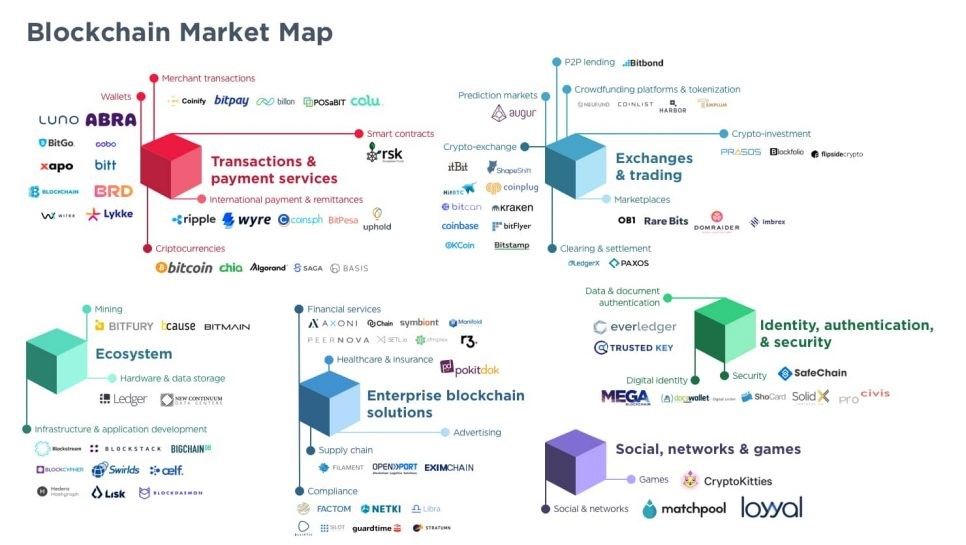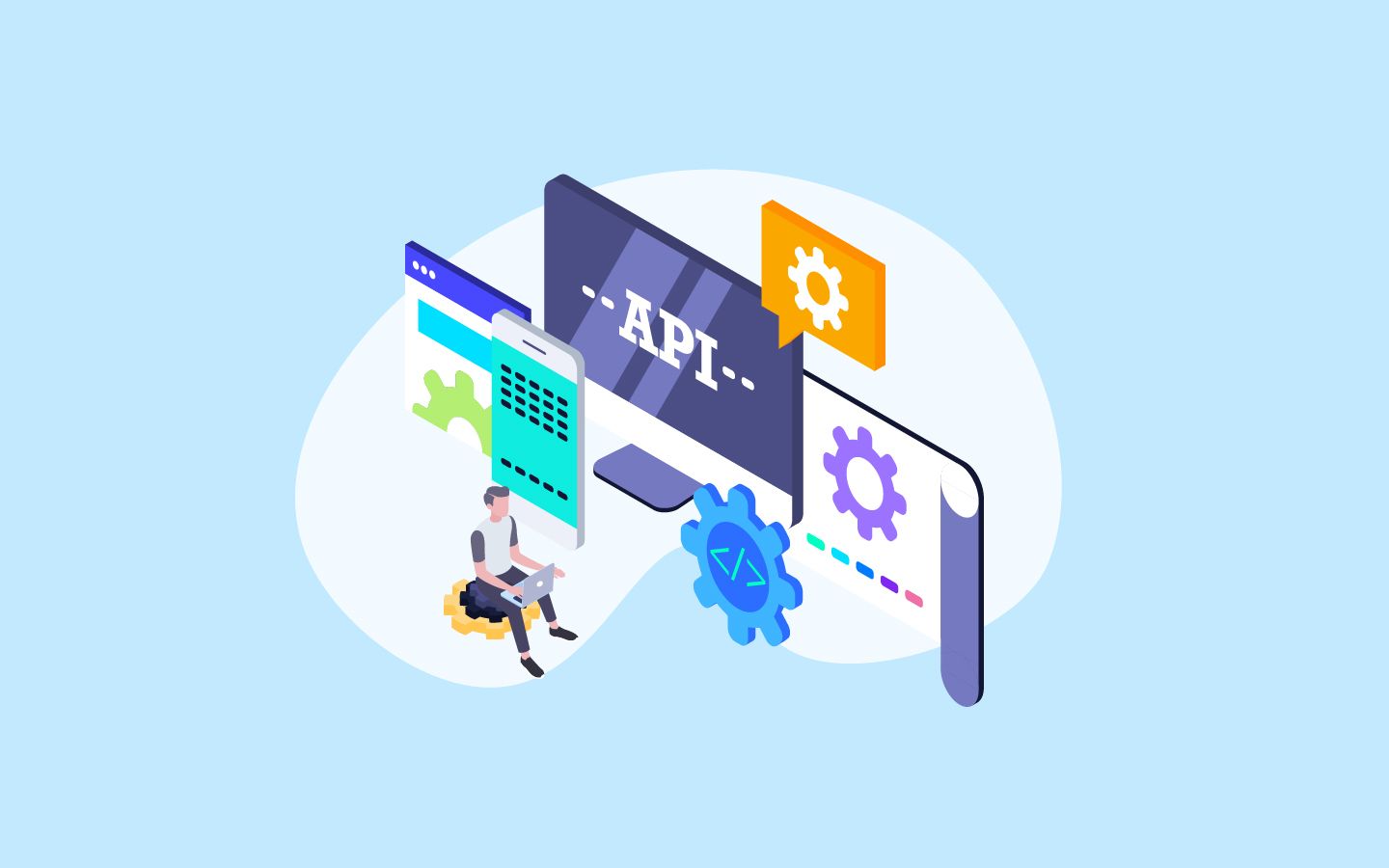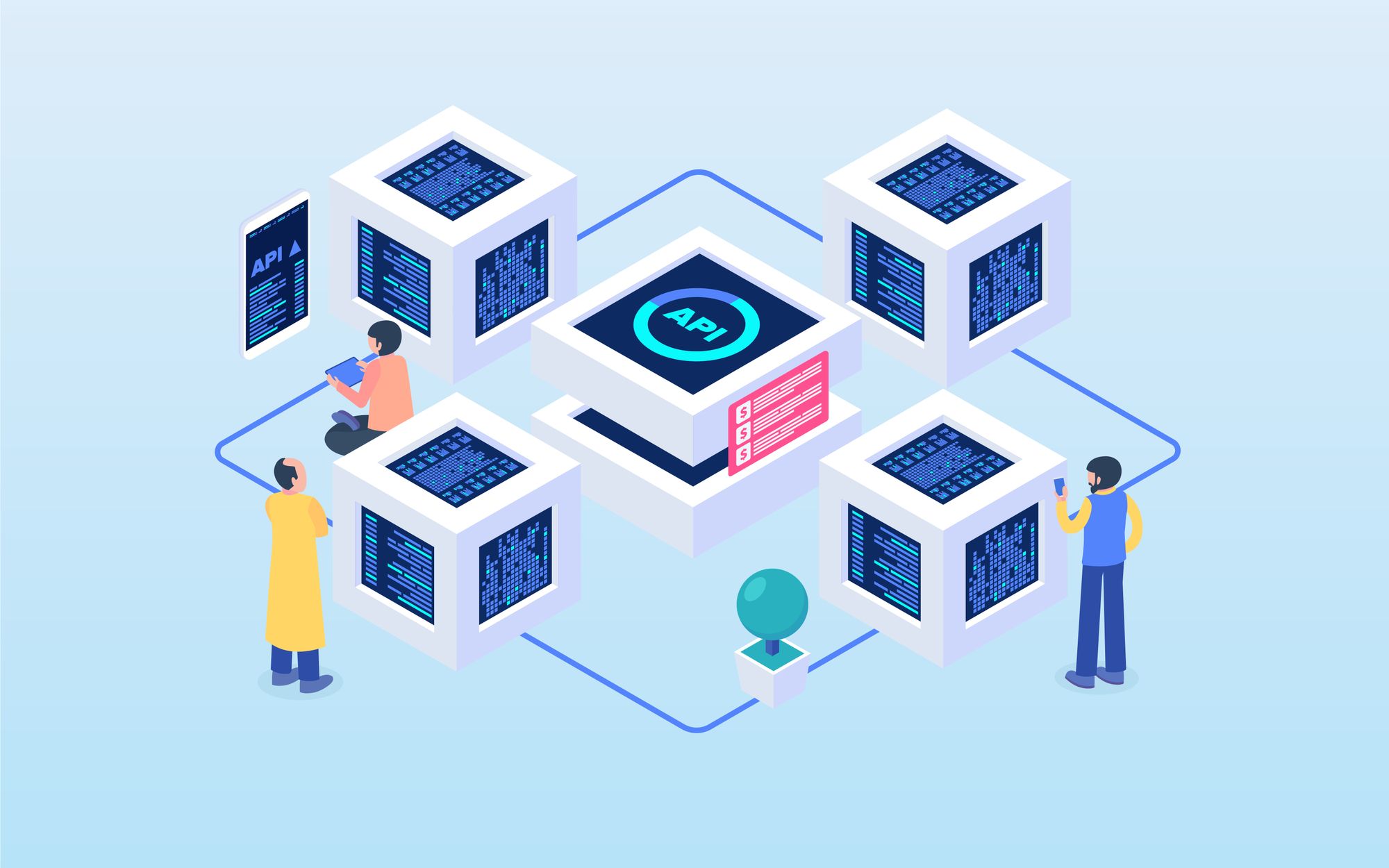What is Blockchain?
Blockchain is an electronic record-keeping system that is difficult to hack, change, or cheat.
A blockchain is a digital ledger of transactions that is duplicated and distributed across the network. Whenever a new transaction occurs on the blockchain, it is added to every participant's ledger.
The history of blockchain can be traced back to 90s, when cryptographer David Chaum first proposed it as a possible solution to building an electronic money system.
Today, Bitcoin and Ethereum are the most well-known applications of blockchain technology.
Businesses rely on data. The faster and more accurate it is, the better. Blockchain is perfect because it provides instantaneous, shared, and fully transparent information that members of a permissioned network can only access. A blockchain allows for a more detailed and efficient end-to-end view of transactions. Blockchain networks can track orders, payments, accounts, production, and much more. Members of the blockchain share a single view of the truth, which means you will see all information related to a transaction from start to finish with ease.
How does Blockchain work?
- Alright, let's start with the basics. First, a transaction of some sort needs to happen. It can be as literal as a user trying to send money to another user, or it can be less literal when a user is trying to pass a token for identification.
- Second, the transaction is encoded into a block, which is then sent to the network to be processed.
- Third, the block is presented to all members of the network and checked for integrity. A valid transaction is verified against records to prove that the sender has the funds to back up their purchase.
- Fourth, the blockchain's members either deny or approve the block itself.
- Fifth, the block is authorized or rejected, and if approved, it is added to the chain of records.
- The sixth and final step of the transaction is known as "approval." If this step is financial, the transfer of money will take place. If it is not financial, the transaction will happen when the token is verified and trusted throughout the network.
Blockchain ecosystem
The term blockchain ecosystem is generally used for:
- Cryptocurrencies;
- Transaction facilitators, such as wallets and payment services;
- Infrastructure providers, such as mining and data storage;
- Crowdfunding, exchanges, trading and investment markets;
- Security identification and authentication;
- Other blockchain solutions for e-governance, contracting, logistics, and other applications;
- Developers of blockchain software.

What is API?
An API or Application Programming Interface “exposes” some of your business functions to the outside world in a limited fashion, making it easy for other applications to share your services, assets, and data without having to share the code. APIs are a type of bridge to the inner workings of an application. It defines how the program will interact with other applications and resources, saving time and preventing legal issues. For example, developers can use APIs from Expedia, Skyscanner, and other travel companies to build an app that displays how much each travel company will charge for a hotel room.

What is Blockchain API?
Blockchain API interfaces are the link between a blockchain node and a client network. An interface between a Bitcoin exchange and a user application that collects data from it is a typical example of a blockchain API.
Benefits of using Blockchain APIs
Cryptocurrencies are on the rise, and API is essential to their success. One of the most critical features of API technology is security, which allows cryptocurrency to be used as a private and secure way for transactions online. Without this security, cryptocurrencies would lose much of their value. Another factor is the ease of use. No one is going to use a transaction method that is difficult or has long and laborious processes.
A significant concern for crypto traders is accessing the maximum amount of information. The reason for this is that Bitcoin and other coins are treated as securities or commodities. To make a good profit on trading, you should be able to access all the latest information instantly. Most cryptocurrency exchanges have an API, which lets you do just that!
Final thoughts
Blockchain is a new technology that hugely raises important questions. It has many advantages:
- Refusal of third parties
- Protection of transactions
- Secure trade
- Sharing of resources
- Guaranteed transactions
- Automatic execution of contracts, etc.
One difficult issue business owners face is centralization. It's a struggle to find the right balance between centralized and decentralized models for the future. Blockchain technology is helpful in this regard because it helps destroy existing stereotypes and schemes and contributes to large ecosystems that combine old and innovative approaches.









